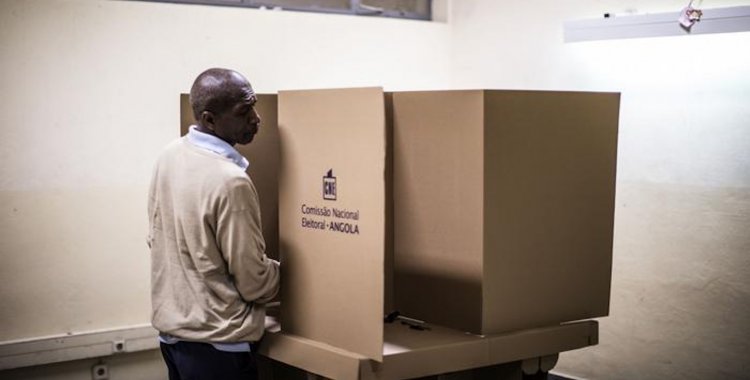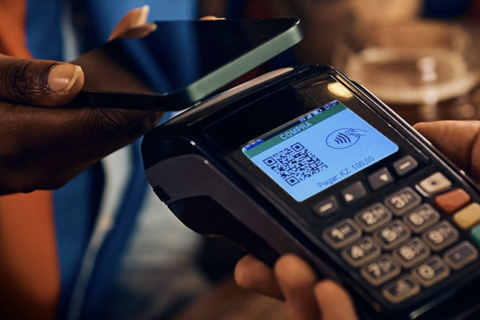"The election results could create a certain social upheaval, some manifestation, some contestation on the part of the results, if the competing political parties do not send a message of confidence in the electoral system itself", considered Mboco.
The 35-year-old analyst, who launched the book "As Eleições em Angola - De 1992 até aos nossos dias" in Luanda this Wednesday, leaves the challenge to the competing parties.
"If we have political parties that are not going to respect what is the electoral code of conduct that exists in the country and they stir up people who take to the streets, and demonstrate in disrespect for the institutions of the State, we will of course have a social upheaval after the elections", he anticipated.
"We will have many demonstrations. So it is necessary that the political parties understand that they have responsibility in the process, the responsibility to send a message of trust, of responsibility and to ask voters to take a civic stance, within the framework of the electoral process after the disclosure of the electoral results", he added.
The conditions for this year's elections, as well as the three previous consultations (2008, 2012 and 2017) cannot be compared to those of the first multi-party ballot in Angola, held in 1992.
"Unlike the 1992 elections, in which we had a political party that still had an armed wing, which was UNITA, (in the elections of) 2008, 2012 and 2017 this element is no longer a reality and hence, whatever the electoral results that will be announced in the 2022 elections, we will not have a situation that will push us towards a civil war or some major upheaval that could make the country unfeasible.
As for this year's consultation, Osvaldo Mboco defended that the responsibility of competing parties can be assessed by the mechanisms of eventual contestation that they consider they should assume.
"Political parties have legal channels that they can use to contest the election results if they understand that it does not reflect the will of the population", he maintained, noting that in addition to the National Elections Commission there is the Constitutional Court (TC), which can be seen as a electoral court.
In the book that is released this Wednesday in Angola, Osvaldo Mboco recalls the various rulings that the TC deliberated on the basis of the electoral complaints it received during the 2017 vote.
As for the presence of foreign election observers, Osvaldo Mboco noted that there is legislation in Angola that regulates this issue.
"On the one hand, we have a law that regulates the issue of international observation. Any and all international observers must be within and comply with the requirements that are the basis of this law in order to be able to observe an electoral process in Angola. On the other hand, I'm an Africanist and I defend certain positions that can be understood as extremist, but that's what I understand," he said.
Osvaldo Mboco gave the example of elections in Europe and the United States of America that "do not need African observers to legitimize" these electoral processes.
Regarding the absence of observers representing the European Union, Osvaldo Mboco believes that their presence would be positive.
"The fact that the European Union does not participate in the electoral process, in my opinion, is not a matter of gains, which differentiates or otherwise legitimizes elections, but an institution like the European Union is always comfortable, which is a credible institution, which has a very strong democratic culture, it would be important for the European Union to observe", he considered.
"But it was important to understand the reasons and motivations that make the European Union not observe the electoral process in Angola", he pointed out.
Angola has scheduled general elections for August, in which the President of the Republic will be indirectly elected – as provided for in the Constitution.
The date will be set by President João Lourenço after hearing the Council of the Republic and as the legislation sets the month of August as the month of holding elections, the call will be made throughout the current month.
The book "As Eleições em Angola - De 1992 até aos nossos dias" (132 pages) is the result of research carried out between 2017 and 2021 and, according to the synopsis of the work, "is based on the need to study the dynamics of electoral processes in Angola, the configuration and participation of political parties in political competition, having as a starting point a brief historical reflection on the importance of the Mombasa, Alvor, New York, Gbadolite and Bicesse agreements in the affirmation of Angolan nationalism".







